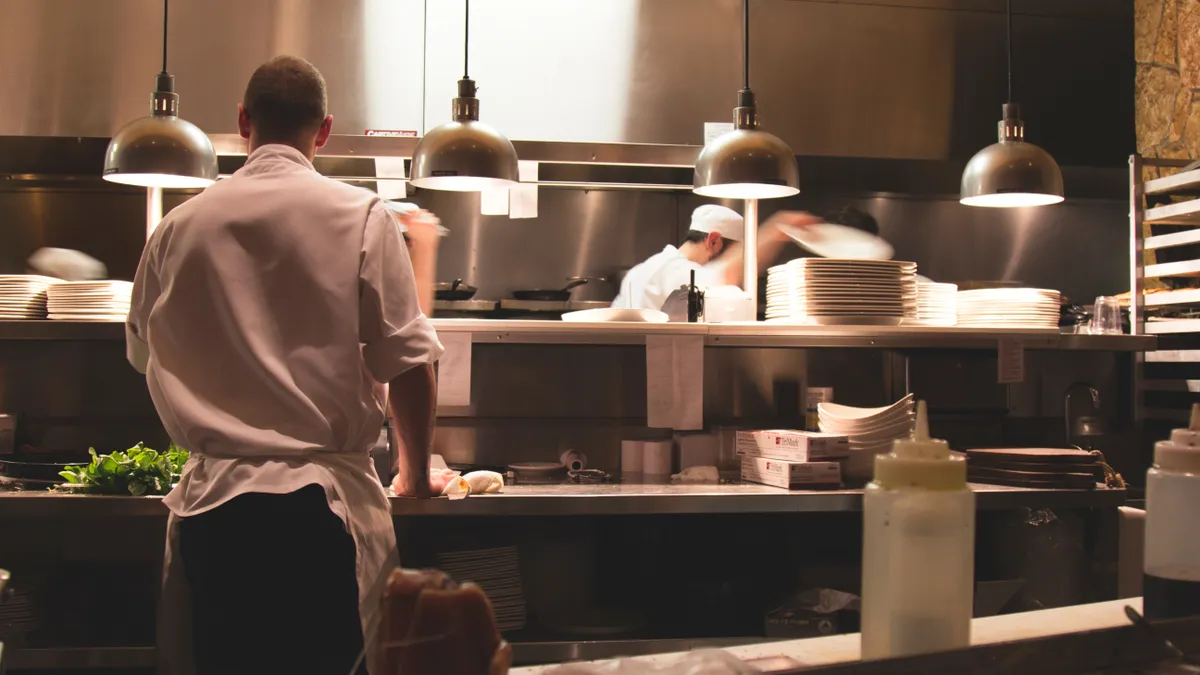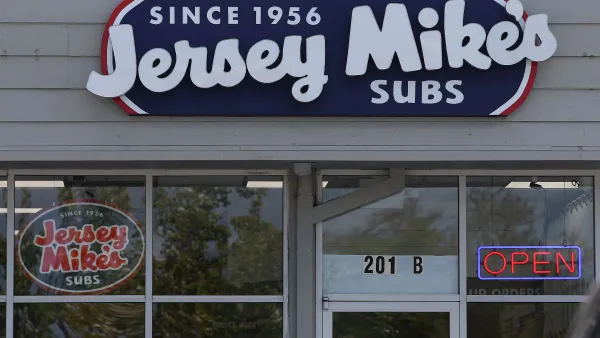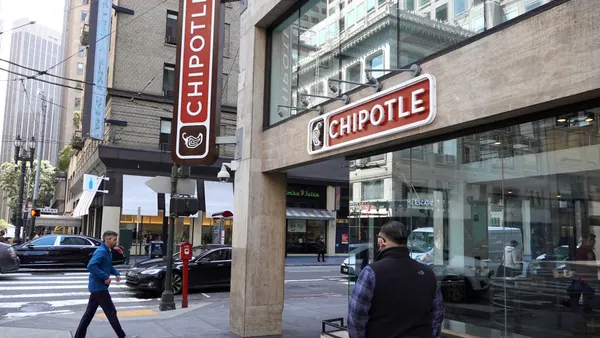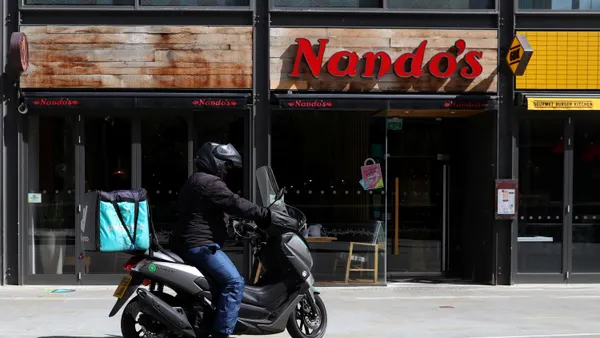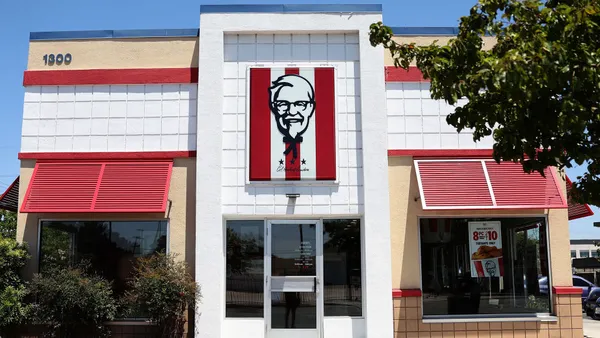Dive Brief:
- Chain operators struggle with effective roll-out and execution of promotions, procedure and safety protocols at the store level, according to a recent Zenput survey. More than 70% of the 87 respondents said failure to correctly adopt operational procedures has made it difficult to maintain consistency across store systems.
- Only 30% of operators agreed they easily catch irregularities in individual restaurants, and less than 20% said they can quickly resolve issues, though a majority resolve them in less than four weeks. Restaurants are focused on food safety, but only half are confident in their ability to identify hiccups at individual stores.
- Almost all respondents said they use mobile technology to streamline operations or plan to in the near future.
Dive Insight:
Though communication between franchisor and franchisee has never been simple, its decay could be blamed in part on owner consolidation in the past 20 years. More than a third of America’s 60,000 franchisees own multiple units, according to the research firm FRANdata, and all told the biggest players run more than 75% of U.S. stores.
That strategy could be backfiring. The devil is in the details, and large operators can lose track of what’s happening at individual stores. Plus, a single franchisee might care more personally about the business’s health and be more responsive to calls from corporate.
Yet chains of all sizes have opted for the trending “asset-light” model, relying almost entirely on franchised stores. Under Focus Brands’ guidance, for instance, Moe’s Southwest Grill switched to a multi-unit mentality 11 years ago. The company’s VP of franchise sales told Entrepeneur Magazine in 2015 that single-unit owners require more time and effort to coach, and they’re more likely to succumb to mediocrity after opening a second location. Multi-unit chiefs, on the other hand, “know the game” and how to grow.
Only 26% of respondents to the Zenput survey reported that audits effectively solved problems in a timely manner. Likewise, only one in 5 said they had the resources to hold store employees accountable. That disconnect could stem from troubled communication or managerial style, or restaurants could feel overburdened by constantly changing sales prices, featured items and limited-time offerings — all while investing thousands in digital upgrades and not recouping the costs.
In a world where consumers tastes’ change with the days of the week, franchisors, too, are trying to keep up. On one side, they’re feeling pressure from investors to invest in digital upgrades and menu innovations that keep sales growing. On the other, their franchisee partners are feeling increasingly miffed. This fall alone, franchisees of McDonald’s, Jack-in-the-Box, Papa John’s, and El Pollo Loco have called for change.
Big chains might take a page from Zoup!, a small Michigan soup chain that supplied their partners with new inventory tracking and proprietary labor management systems. Penn Station East Coast Subs meets with franchisees up to eight times year and created a regional consultant program — a kind of community hall for owners to bounce ideas off of one another. And staying ahead of the trends, rather than rushing to catch up, will keep business rolling, as Wingstop learned from its early tech investments.
Companies can't stay on top of what hundreds of restaurants across the country and around the world are doing every day, nor can they manage how every customers reacts. But franchisees want to connect with the brand’s leadership, as they put trust in the company by signing on in the first place. Regular webinars and annual meetings can help foster better communication and operations management.


